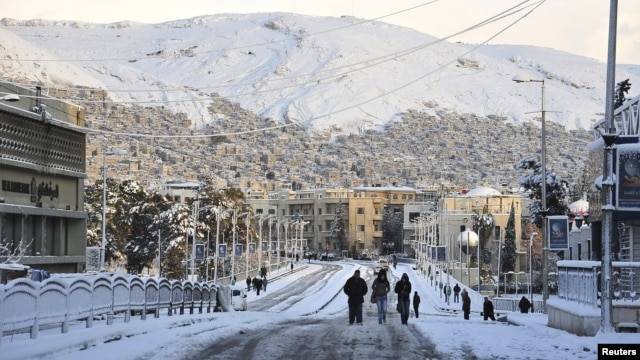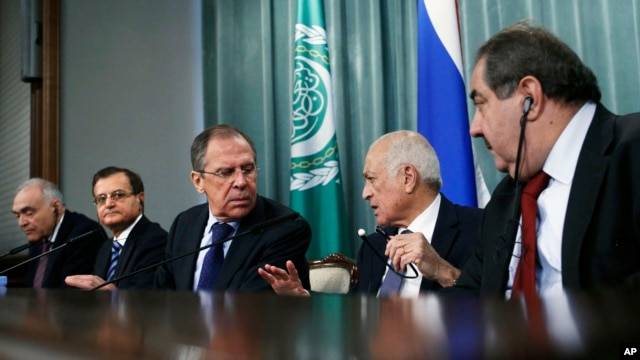An estimated four million people inside Syria will need humanitarian aid by early next year when the country is in the grip of winter, up from 2.5 million now whose needs the world is not fully meeting, a senior U.N. aid official said on Friday.
John Ging, director of operations at the U.N. Office for the Coordination of Humanitarian Affairs (OCHA), said the bleak situation facing civilians caught up in an intensifying civil war between Syrian government forces and rebels was likely to get worse.
"That number in need is going then to increase to approximately 4 million by the early new year. We are not able to scale up at that rate. Since this crisis has begun we have not been able to keep pace with the increasing need," Ging told a news briefing after chairing the Syrian Humanitarian Forum.
"Every day our humanitarian colleagues on the ground are engaging with people who are ever more desperate, ever more fearful for their lives and for the lives of their families because of this conflict," he said.
U.N. sees 4 million needy inside Syria by early 2013 | Middle East | World Bulletin





